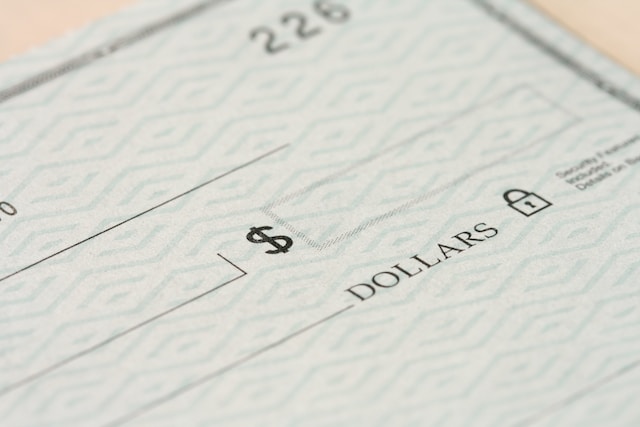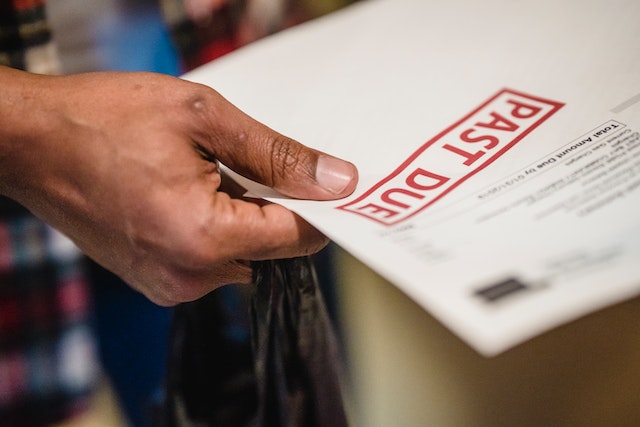
If you want to file for bankruptcy, you may be hesitant based on the impact it can have on your finances. Though it will lower your credit score, this process can offer financial freedom to those who may continue to drown in their debt. However, there are other considerations that must be made before proceeding. One thing many wonder about is what will happen to their bank accounts when they declare bankruptcy. The following blog explores what you must know and how a Memphis, TN Chapter 7 bankruptcy lawyer can assist you through this process.
What Is Chapter 7 Bankruptcy?
When you file for bankruptcy as an average consumer, you generally have two options- Chapter 7 or Chapter 13. While anyone can file for Chapter 13 bankruptcy, which is the process of entering a five-year repayment plan, only those who qualify can file for Chapter 7.
This is because Chapter 7 is a much shorter process that involves liquidating assets to pay creditors back within a six-month period However, to qualify, you must fall below a certain income level. You must pass a means test, which calculates whether or not your income falls below the median wages earned in your state. If you are below the level, you will qualify for Chapter 7 bankruptcy.
What Happens to Bank Accounts During Bankruptcy?
One of the main concerns many have when filing for bankruptcy is what will happen to their bank accounts during this process. Generally, most banks will let you keep the account open when filing for bankruptcy. However, you should double-check with your bank before proceeding.
You must disclose your bank account balance when filing for bankruptcy. Generally, the amount in your account can be used to repay creditors. However, there may be exemptions to this, such as funds from life insurance, social security, and income from a personal injury case. In Tennessee, you can only claim state exemptions, as you are unable to use federal exemptions.
If you want to protect the amount in your bank account, you can claim a wild card exemption of up to $10,000 and use it for your personal bank account.
When you have nonexempt funds in your account, you cannot retain them. Your bankruptcy trustee will use the money to pay your creditors. In some instances, your bank may automatically freeze your account to protect the creditors. However, if you are entitled to the funds, such as exempt income, your attorney can request the bank release the funds.
Should I Contact an Attorney?
Unfortunately, bankruptcy can be an incredibly complex process. As such, it’s in your best interest to enlist the assistance of an experienced attorney as soon as possible to help you explore your options and determine which is best for your needs.
The dedicated team at the Arnold Law Firm understands how complicated debt can make your life. That’s why we’re ready to help you file for bankruptcy to regain control of your finances. Contact us today to learn how we can assist you during this process.




